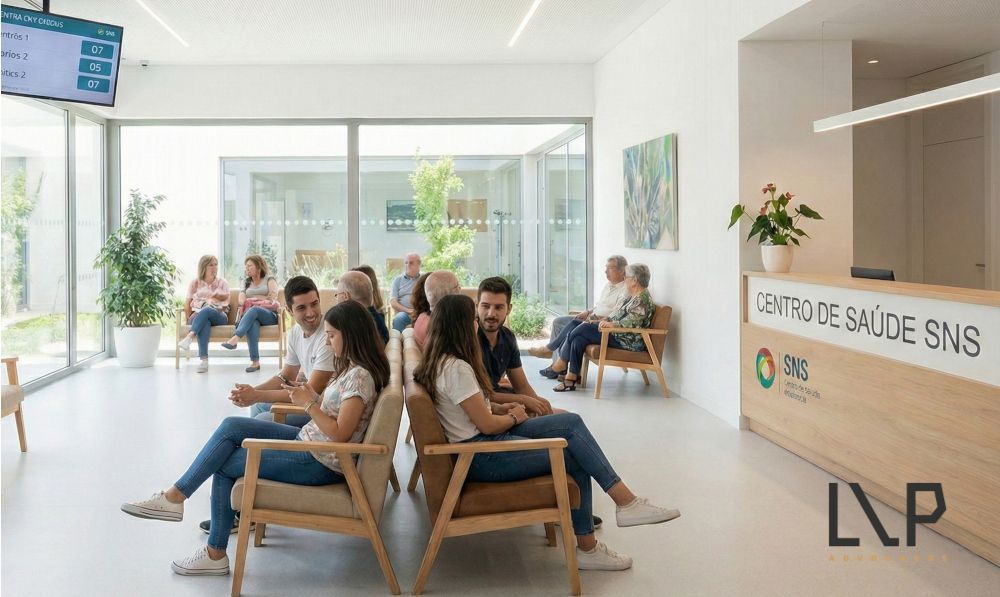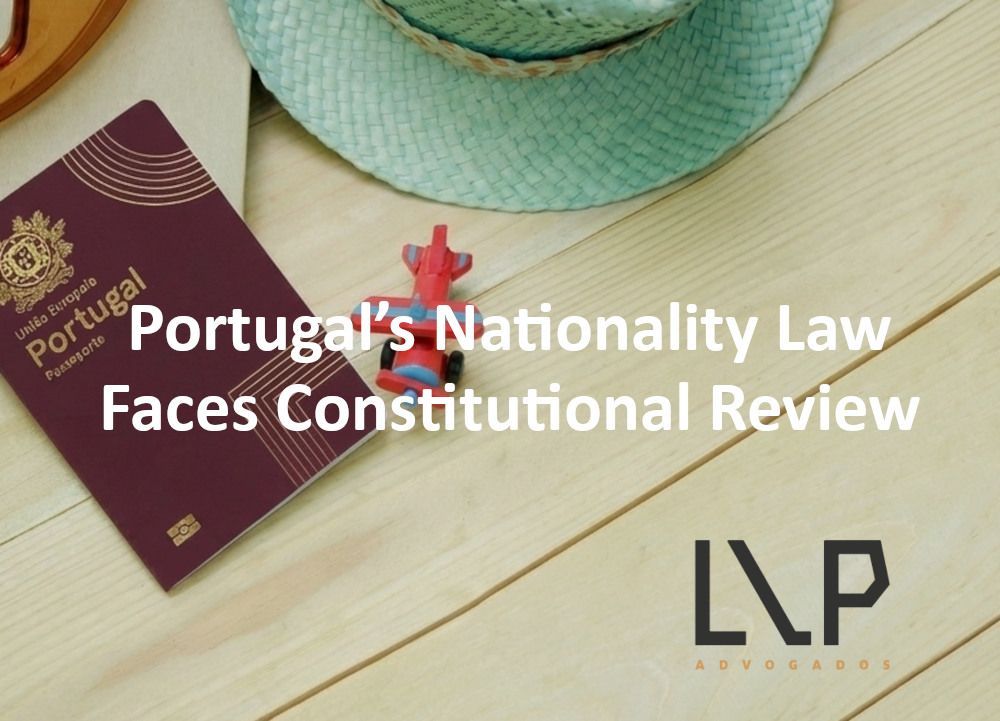Corporate Tax “refund” under the non-habitual resident (“NHR”) regime
Under Maltese law, the shareholders of a Maltese company can be “reimbursed” in their own personal sphere from the corporate income tax paid by said company.
However, although this reduces their effective tax liabilities in Malta, it makes it difficult to know which type of income the shareholder is receiving, if any at all.
From a Maltese perspective, the money received is indeed a refund, rebate and/or reimbursement, but if it merits the same tax treatment from a Portuguese perspective, we wouldn’t even have an income, and thus no need of it being declared by any tax resident in Portugal, including by a non-habitual resident.
How can a shareholder receive a refund related to a tax that was paid by another person?
In our legal opinion, we have three options:
- The money received is indeed a refund, or
- A dividend paid to the shareholder, or
- Simple civil fruits, meaning that the shareholders are receiving capital income.
Making a case that it should be viewed as pure refund is hard since the person receiving it isn’t really being refunded of some it has incurred.
Secondly, making the dividends case is also difficult since no profit is being distributed, nor is the company paying anything to its shareholder.
Thus, it would most likely fall in the residual category of capital income.
Note that Portugal has a default rule in Article 5.º, no. 1 of its Personal Income Tax Code, stating that: “capital income is considered to be the fruits and other economic advantages, whatever their nature or denomination, whether pecuniary or in kind, arising, directly or indirectly, from patrimonial elements, assets, rights or legal situations, of a movable nature [thus, not from real estate], as well as their modification, transfer or termination, with the exception of gains and other income taxed in other categories [of income]”.
Therefore, from a Portuguese tax perspective, and in this scenario, the shareholder would receive capital income and under the non-habitual resident tax regime this income would still be exempt from taxation in Portugal, in accordance with article 81.º, no. 5 of the Personal Income Tax Code, provided it can be taxed in Malta under the terms foreseen in the Double Tax Treaty signed between Portugal and Malta.
But if there is a refund in Malta and a capital income in Portugal, how should we qualify this income under the Double Tax Treaty?
At first glance, and if we read all the Articles of the Treaty, even the one defining the term dividends, found, namely, in article 10.º, no. 3, we have no clear answer on what it is and even if that income can be taxed in Malta. However, the potential problem is solved by the convention’s Protocol in «ad article 10», by which the so-called “refund” is imputed by the personal income tax of the shareholder in Malta, meaning it can indeed be taxed in Malta as a dividend.
Our conclusion is that despite the different qualification of the income and because article 81.º, no. 5 of the Personal Income Tax Code doesn’t require an effective taxation of capital income in Malta for the exemption method to be applied, we would end up with capital income exempt from taxation in Portugal under the non-habitual resident tax regime, which, nevertheless, can still be classified as a dividend in the Double Tax Treaty or even a refund under Maltese local law.
In the specific case of a taxpayer, the Portuguese Tax Authority has issued an official ruling regarding the taxation of this so called “reimbursement”, which concluded that this type of income should be regarded as dividends and, therefore, exempt from taxation in Portugal under the non-habitual resident tax regime.
If you have further questions regarding this matter,
get in touch with us
and he will be delighted to assist you.

Sérgio Varela Alves
Tax Consultant











